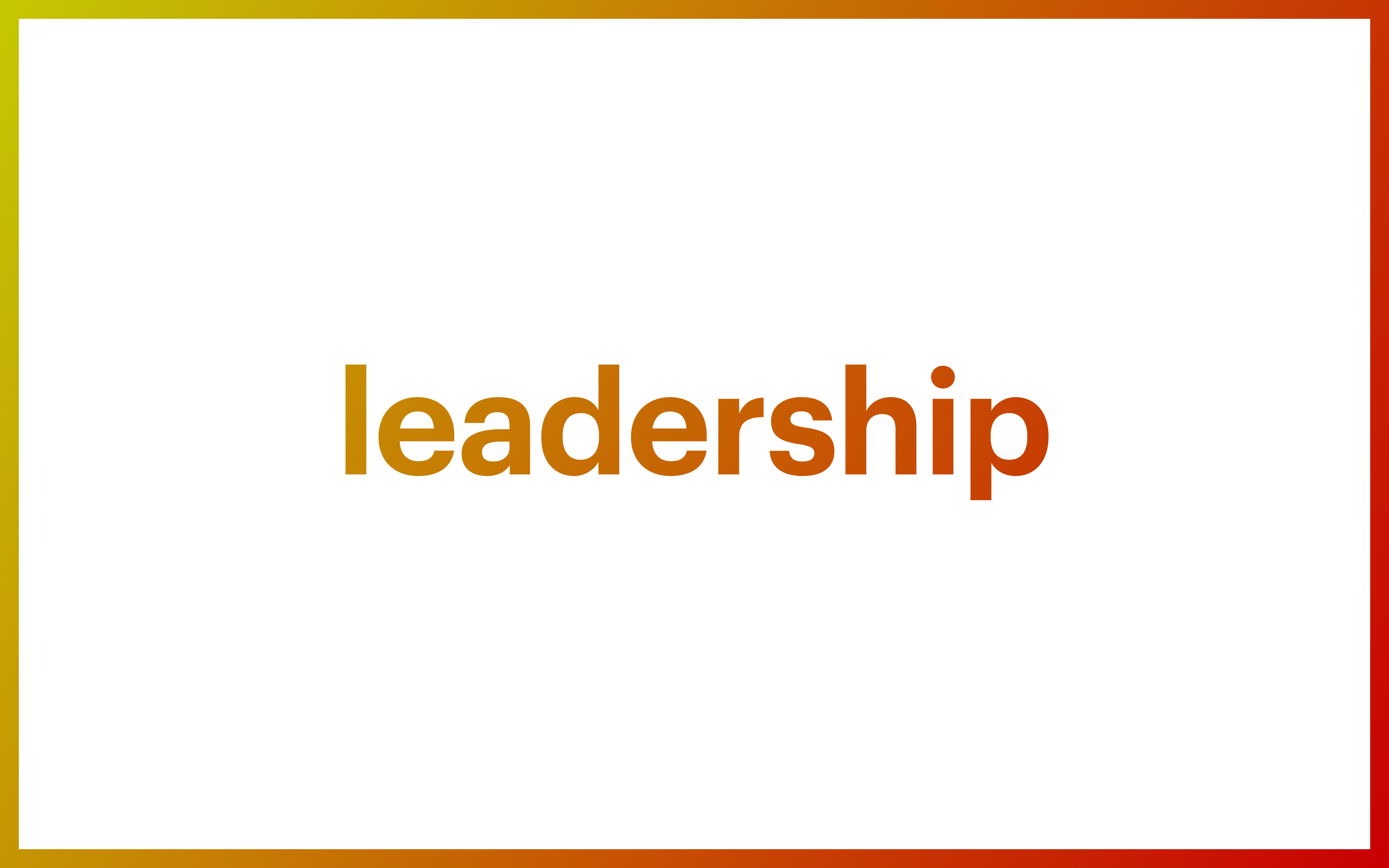The meaningful workplace is an idea which seeks to address many of the pain points businesses are feeling as they try to get their enterprises fit for the future.
This white paper will set out the advantages of building a purposeful, values-driven workplace with a meaningful culture that better balances the needs of both the employer and the employee.
It will explore how businesses can reach out to their employees on a new and more engaging human level that reduces the static inherent in typical company/employee interactions.
It will argue that when senior management seeks more meaningful outcomes from their employee engagement activities, they not only achieve their traditional objectives, but also something of great and enduring value: a new, higher-order and meaningful alliance with their employees.
This paper will suggest that the traditional notions of “purpose”, “values” and “culture” need to be rethought in light of the changing attitudes, expectations and aspirations of both current and prospective employees. It presents the alternative ideas of “ambition”, “feelings” and “behavior”, which are better aligned to the needs of the modern, meaning-seeking employee.
It will detail what composes the ideal master plan for a meaningful workplace and how that master plan can be used to fuel a range of plans designed to engender meaning at the corporate, workplace and individual levels.
Finally, this paper will point out the need to rethink how to engage employees who are seeking meaning and urges businesses to think beyond mere “internal messaging” programs.
While this series challenges a number of established employee engagement “principles and practices”, it demonstrates how the “meaningful workplace” concept addresses the same business objectives of improved morale and increased productivity and engagement – albeit from a more compelling human perspective.
Here’s what you can look forward to in the Meaningful Workplace
- Context: the workplace in crisis
- Understanding what makes something “meaningful”
- Toward the meaningful workplace
- Employees respond positively to a meaningful workplace
- Why people are looking for meaningful workplaces
- Why workplaces aren’t meaningful now
- Making your workplace more meaningful
- “Ambition” is the new “purpose”
- “Feelings” are the “values”
- “Behavior” are the new “culture”
- Making it happen
- Going beyond “messages”
- A process of self-discovery and self-identification
If you or someone you know is challenged by a workforce in which employees aren’t engaged, productivity is down and morale is low, download this paper. It is a must read for any business today.
Emotive Brand is a brand strategy and design agency in Oakland, California.













